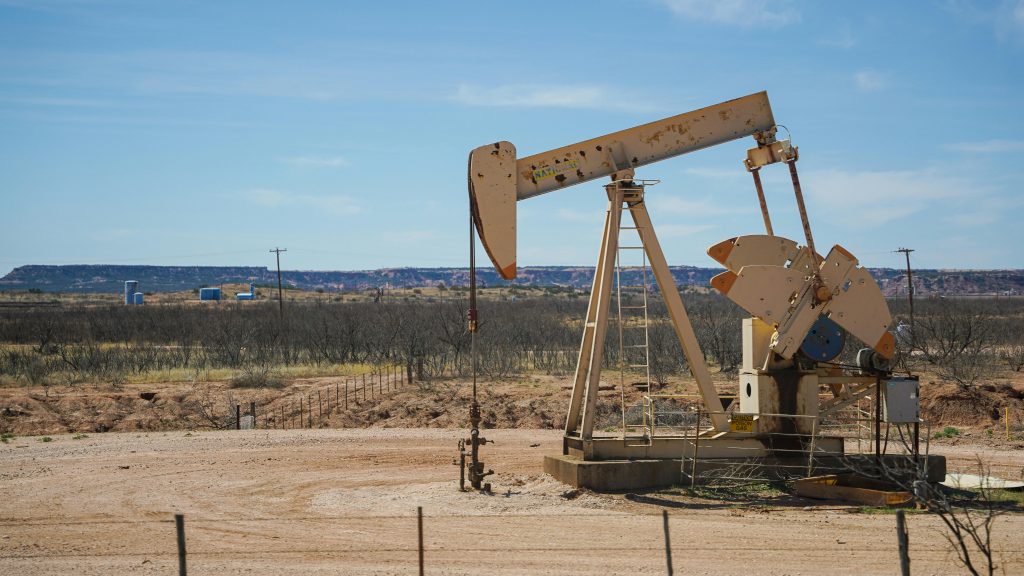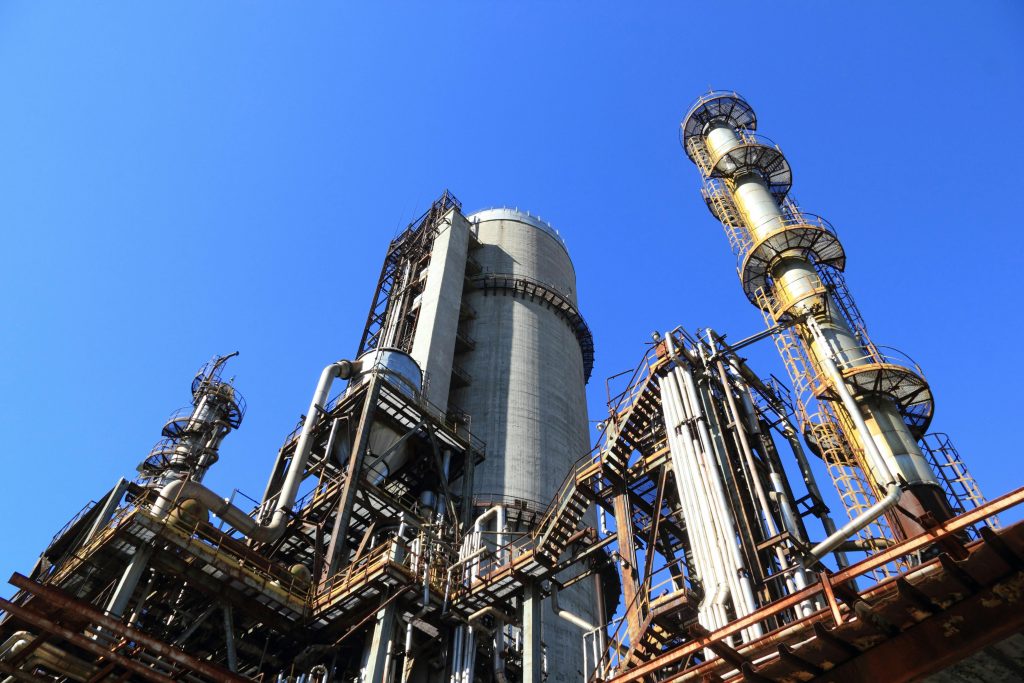- Regular inspection and monitoring with advanced technologies prevent costly equipment issues.
- Strict compliance with safety regulations ensures worker protection and environmental preservation.
- Embracing sustainability reduces energy consumption and implements effective waste management strategies.
- Continuous training and cross-training cultivate a skilled and adaptable refinery workforce.
- Leveraging professional services, such as pipeline pigging, optimizes efficiency and cost-effectiveness.
Maintaining an oil refinery business requires meticulous attention to detail, proactive strategies, and a commitment to safety and efficiency. Oil refineries are complex facilities where crude oil is processed and refined into various petroleum products. To ensure smooth operations and maximize productivity, refinery owners and operators must implement effective maintenance practices. This article will delve into some of the best tips for maintaining an oil refinery business, covering key areas such as equipment upkeep, safety protocols, environmental compliance, workforce training, and leveraging professional services.
1. Prioritize Equipment Maintenance

Regular Inspection and Monitoring
Regular inspection and monitoring of equipment are essential for identifying potential issues before they escalate into costly problems. Utilize advanced technologies such as sensors and predictive analytics to detect abnormalities in equipment performance. Implement preventive maintenance schedules to address wear and tear, lubrication needs, and other maintenance requirements promptly.
Effective Corrosion Control
Corrosion is a common challenge in oil refineries due to the harsh operating conditions. Implement corrosion control measures such as coatings, cathodic protection, and corrosion inhibitors to prolong the lifespan of critical equipment and infrastructure. Conduct regular inspections of pipelines, tanks, and vessels to detect corrosion early and take appropriate corrective actions.
2. Ensure Compliance with Safety Standards
Comprehensive Safety Training
Invest in comprehensive safety training programs for refinery personnel to ensure they are equipped with the knowledge and skills to handle hazardous materials safely. Emphasize the importance of adhering to safety protocols, wearing personal protective equipment (PPE), and responding effectively to emergencies. Conduct regular safety drills and simulations to reinforce best practices and enhance emergency preparedness.
Strict Adherence to Regulations
Oil refineries are subject to stringent safety and environmental regulations aimed at protecting workers, communities, and the environment. Stay abreast of regulatory changes and ensure full compliance with applicable laws and standards. Implement robust safety management systems and protocols to minimize risks and prevent accidents, spills, and emissions.
3. Embrace Sustainability Practices
Energy Efficiency Initiatives
Embrace sustainability practices to reduce energy consumption, minimize carbon footprint, and enhance operational efficiency. Implement energy-saving technologies such as heat exchangers, cogeneration systems, and process optimization strategies to optimize energy utilization. Invest in renewable energy sources and explore opportunities for energy diversification to mitigate reliance on fossil fuels.
Waste Management Strategies
Develop comprehensive waste management strategies to minimize waste generation, maximize recycling and reuse, and ensure proper disposal of hazardous materials. Implement pollution prevention measures such as spill containment systems, leak detection devices, and wastewater treatment facilities to safeguard the environment and comply with regulatory requirements.
4. Invest in Workforce Development

Continuous Training and Skills Enhancement
Invest in workforce development initiatives to enhance the skills, knowledge, and competencies of refinery personnel. Provide ongoing training programs on equipment operation, maintenance best practices, safety protocols, and environmental compliance. Encourage employee engagement and participation in continuous improvement initiatives to foster a culture of innovation and excellence.
Cross-Training and Succession Planning
Promote cross-training initiatives to develop versatile and multi-skilled teams capable of handling diverse tasks and roles within the refinery. Implement succession planning strategies to identify and groom future leaders and key talent within the organization. Foster a supportive learning environment where employees are empowered to grow and advance their careers.
5. Leverage Professional Services
Outsourcing Maintenance Services
Consider outsourcing certain maintenance activities to specialized service providers, such as professional pipeline pigging service companies, to optimize efficiency and cost-effectiveness. These experts possess specialized knowledge, experience, and equipment to perform tasks such as pipeline cleaning, inspection, and maintenance with precision and reliability. Collaborate with reputable service providers to develop customized maintenance plans tailored to the specific needs and requirements of your refinery.
Collaboration with Industry Partners
Forge strategic partnerships with industry peers, suppliers, and technology providers to share best practices, insights, and innovations in refinery maintenance. Participate in industry forums, conferences, and collaborative initiatives to stay abreast of emerging trends, technologies, and regulatory developments. Leverage collective expertise and resources to drive continuous improvement and operational excellence.
Maintaining an oil refinery business requires a proactive approach, meticulous attention to detail, and a commitment to excellence in safety, sustainability, and operational efficiency. By prioritizing equipment maintenance, ensuring compliance with safety standards, embracing sustainability practices, investing in workforce development, and leveraging professional services, refinery owners and operators can optimize performance, minimize risks, and achieve long-term success in a dynamic and challenging industry landscape.

